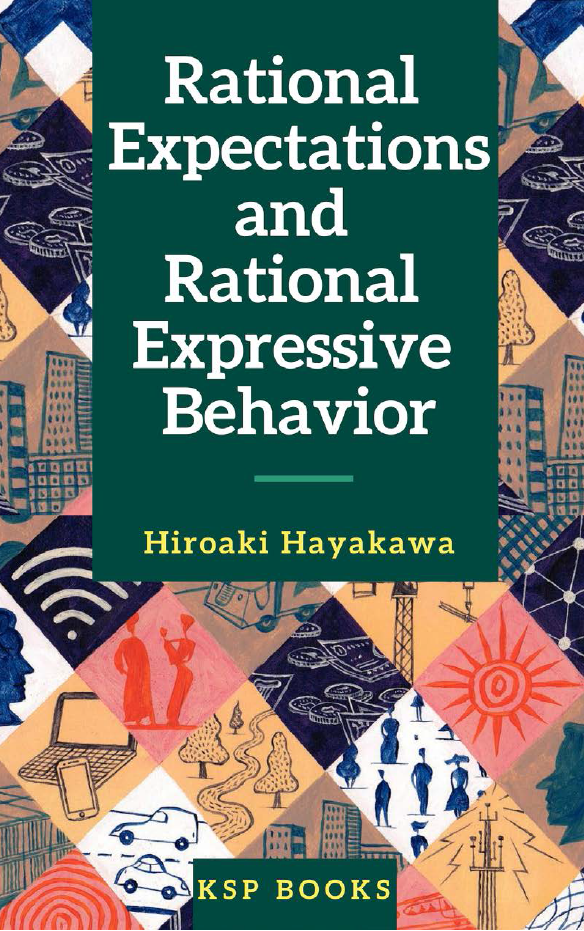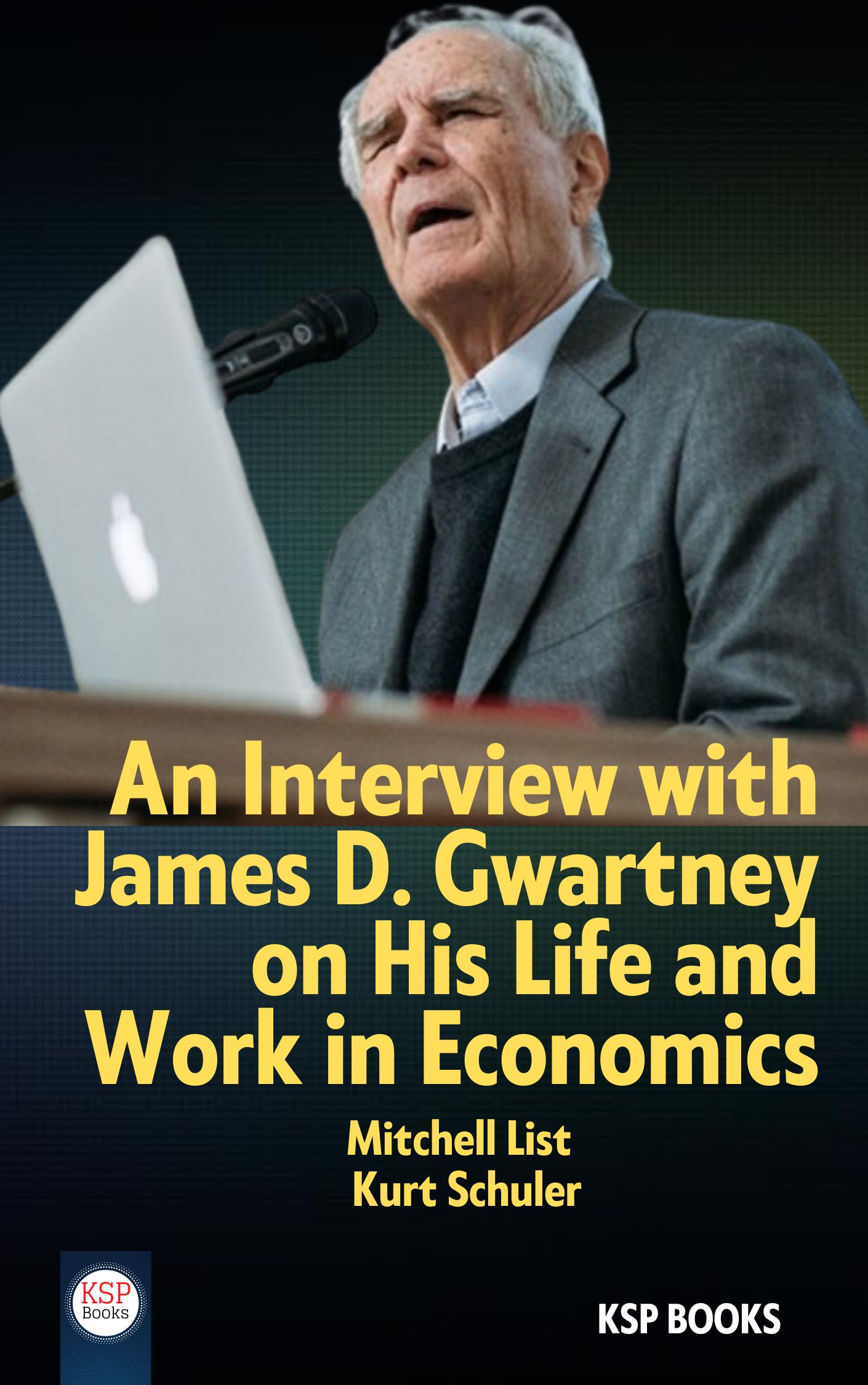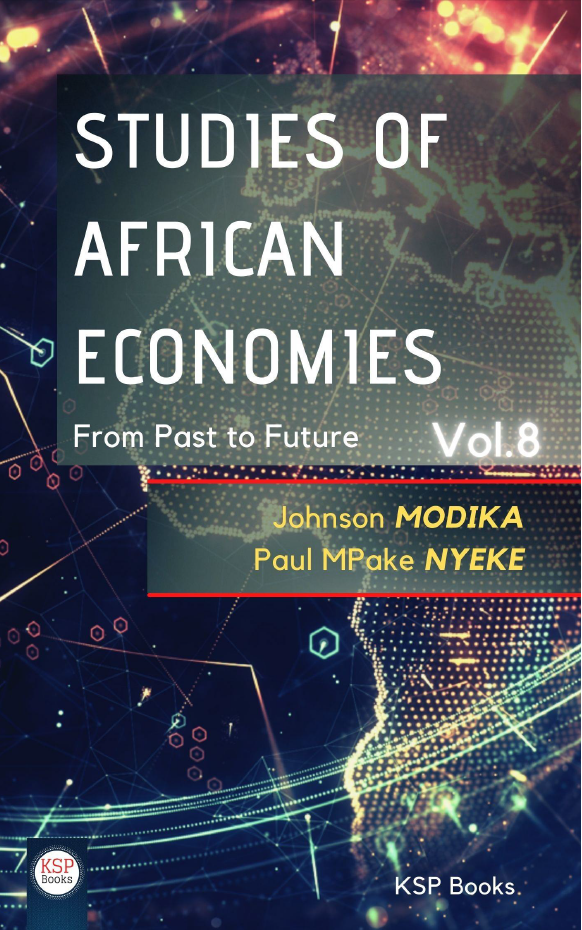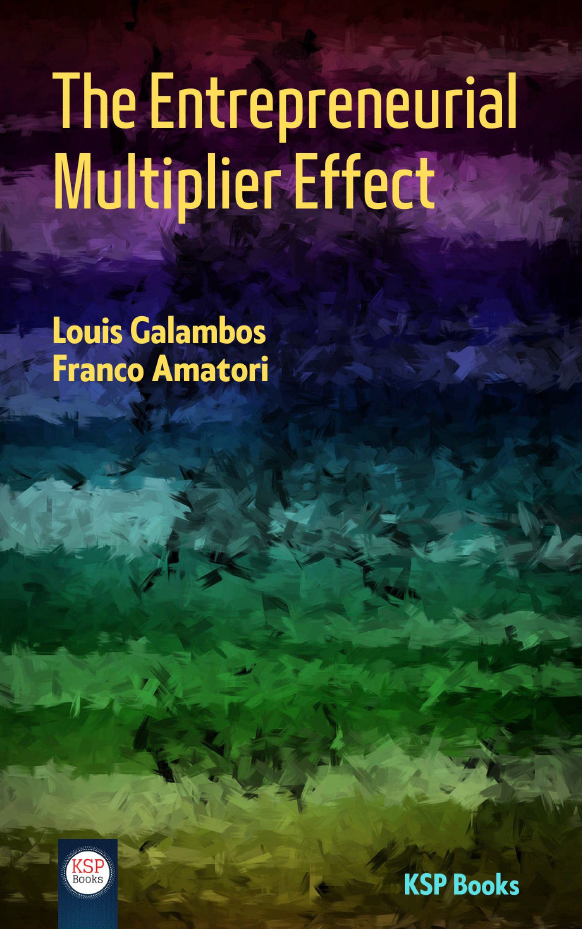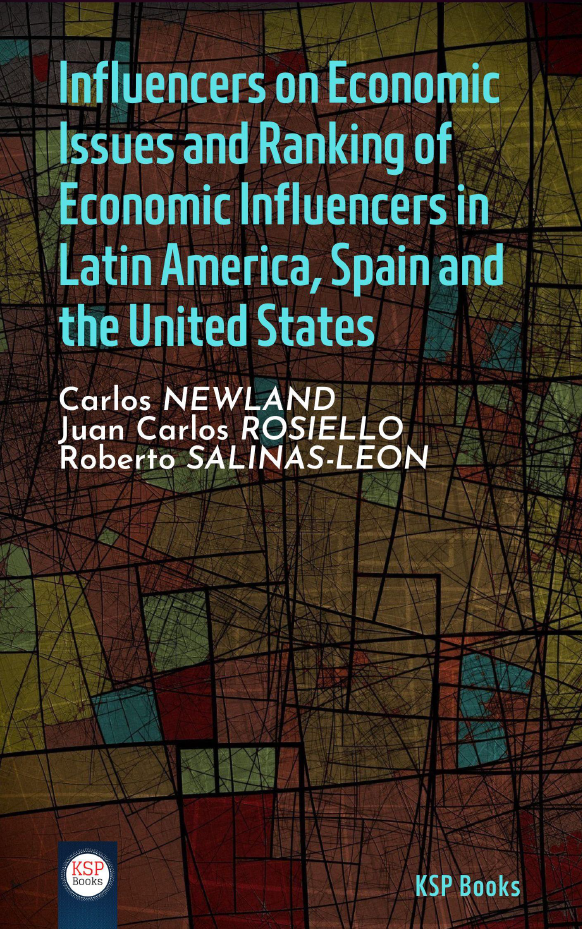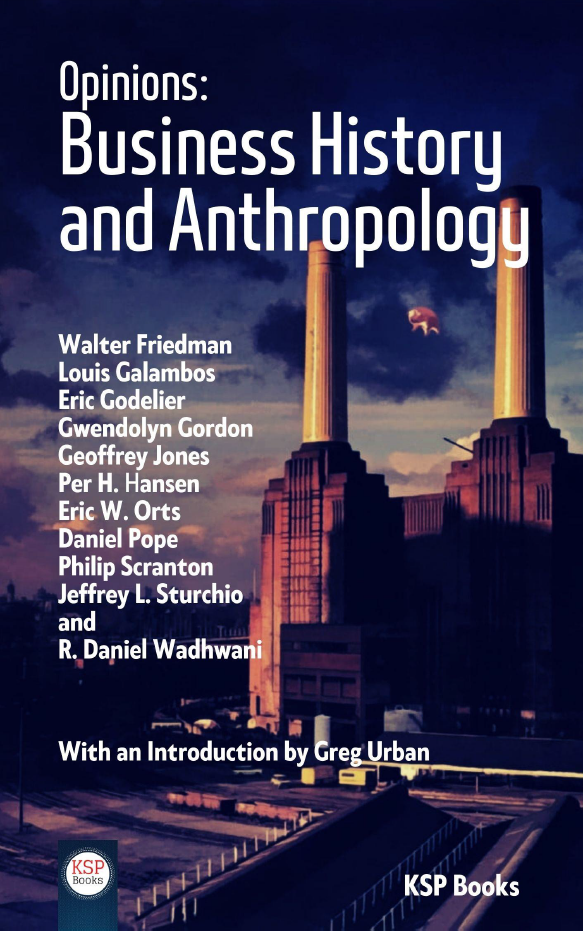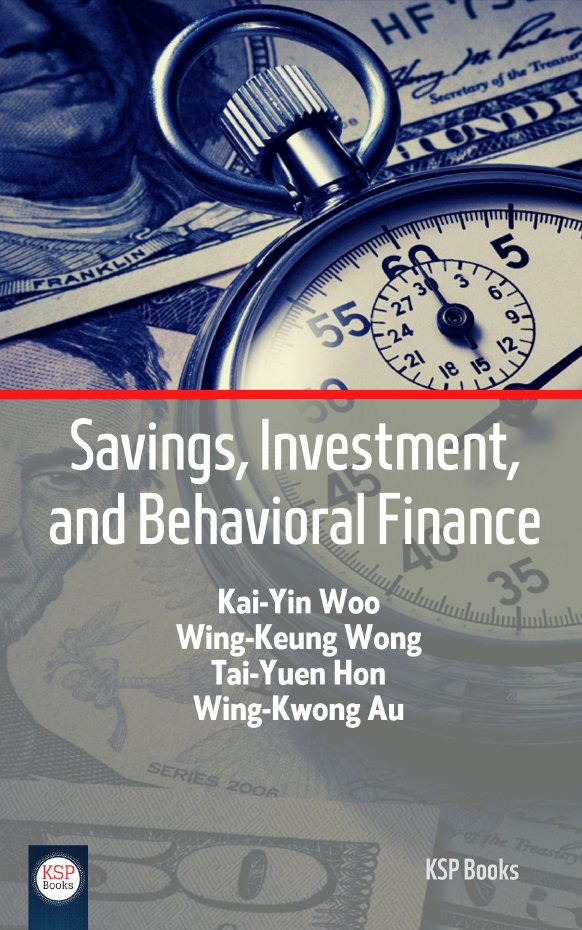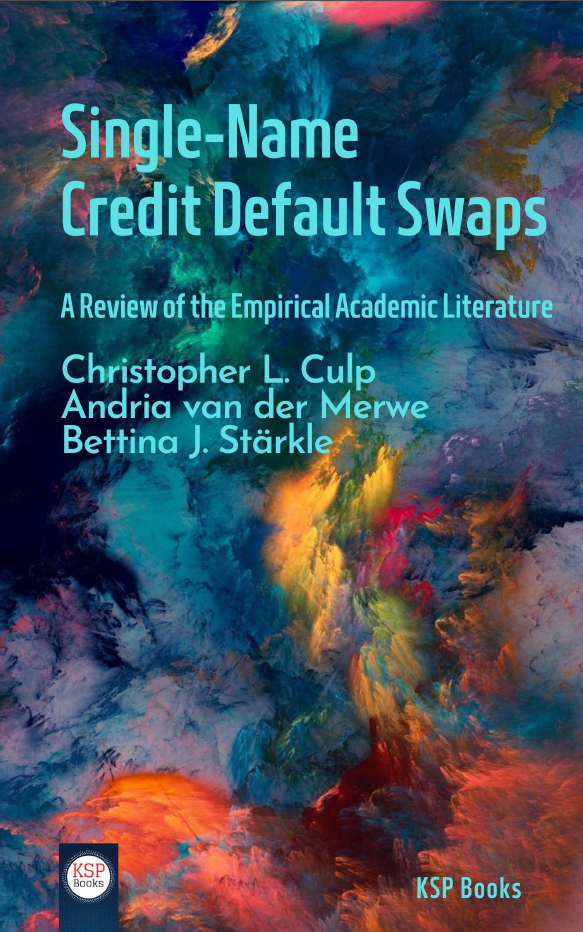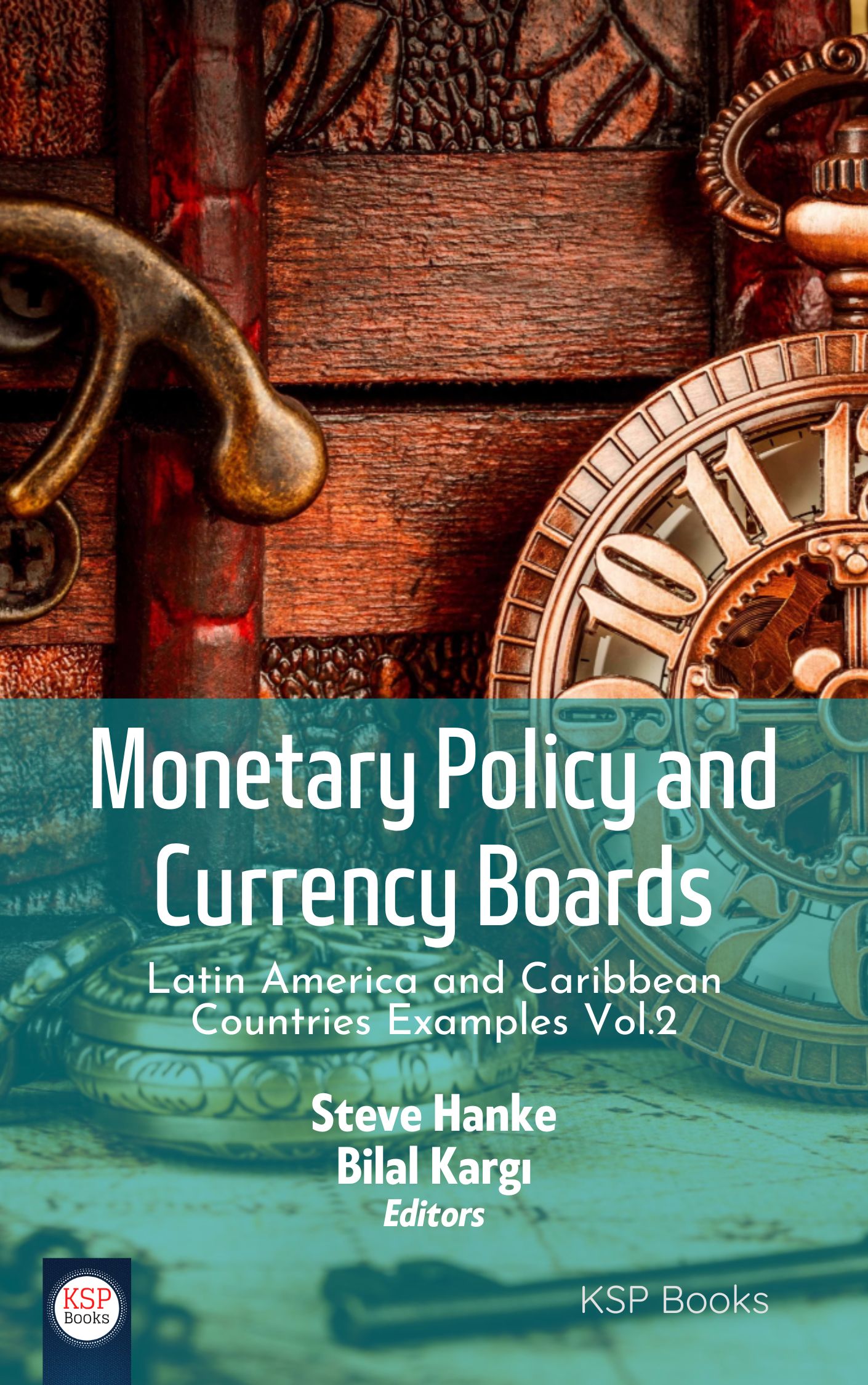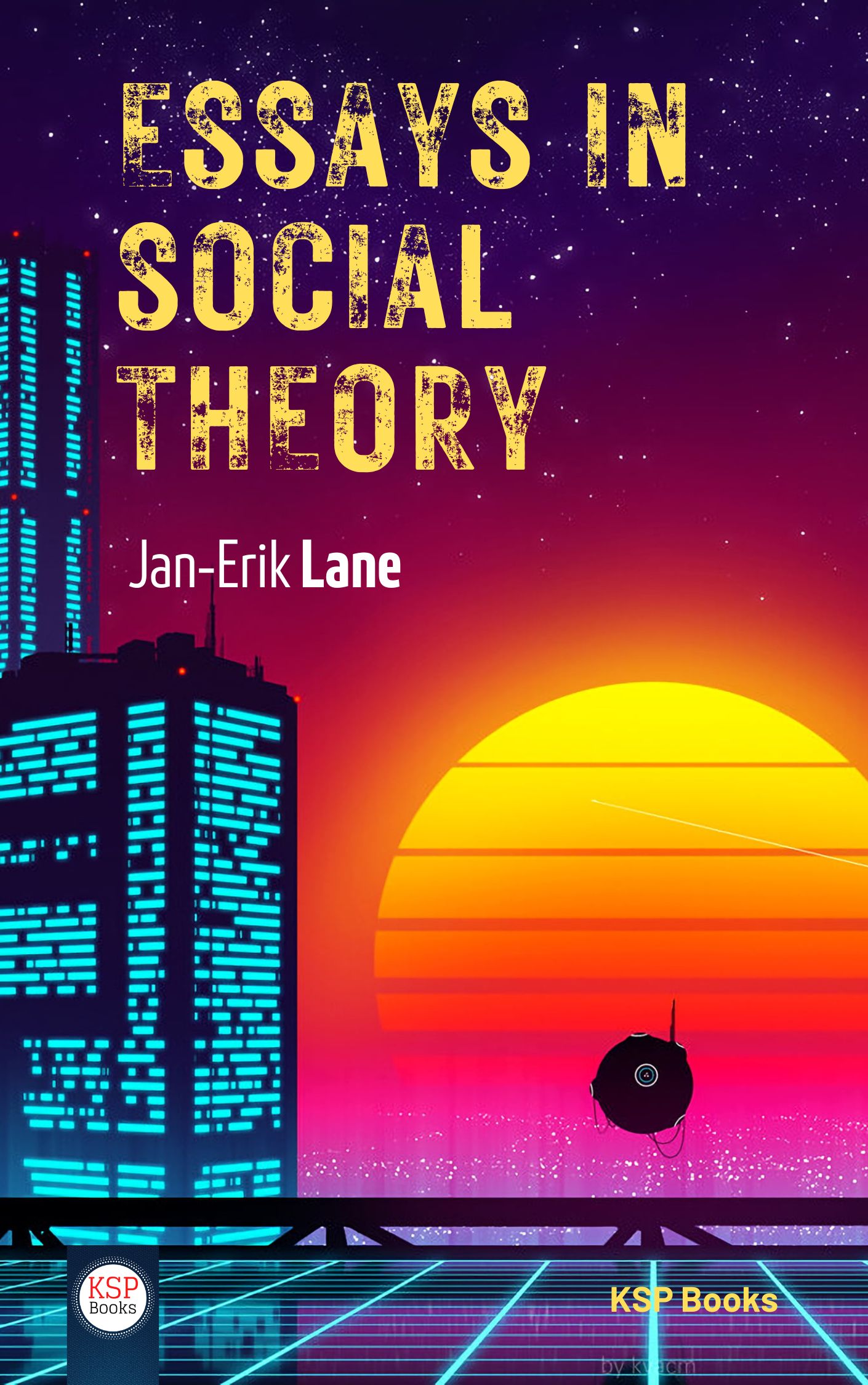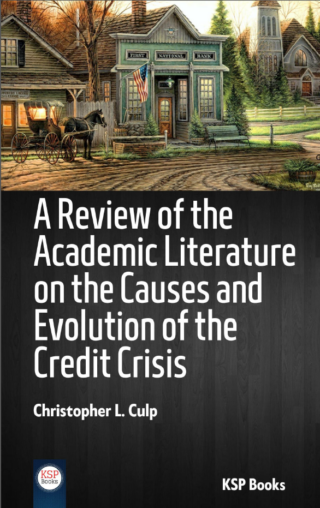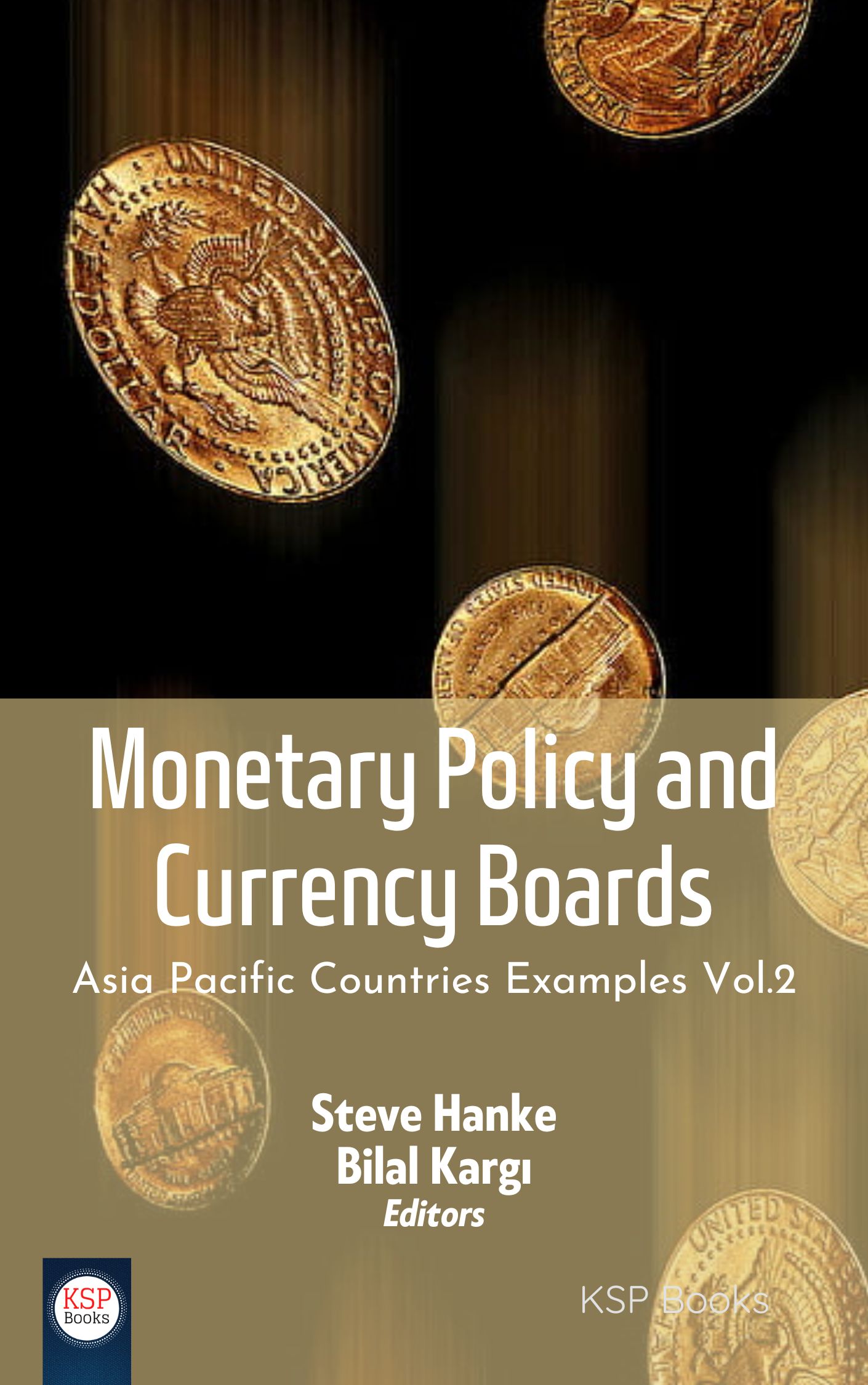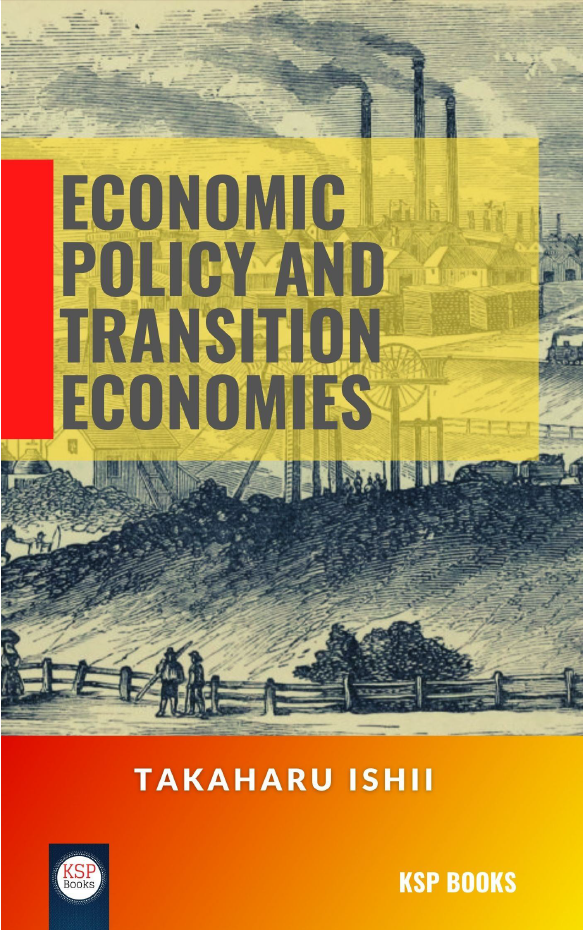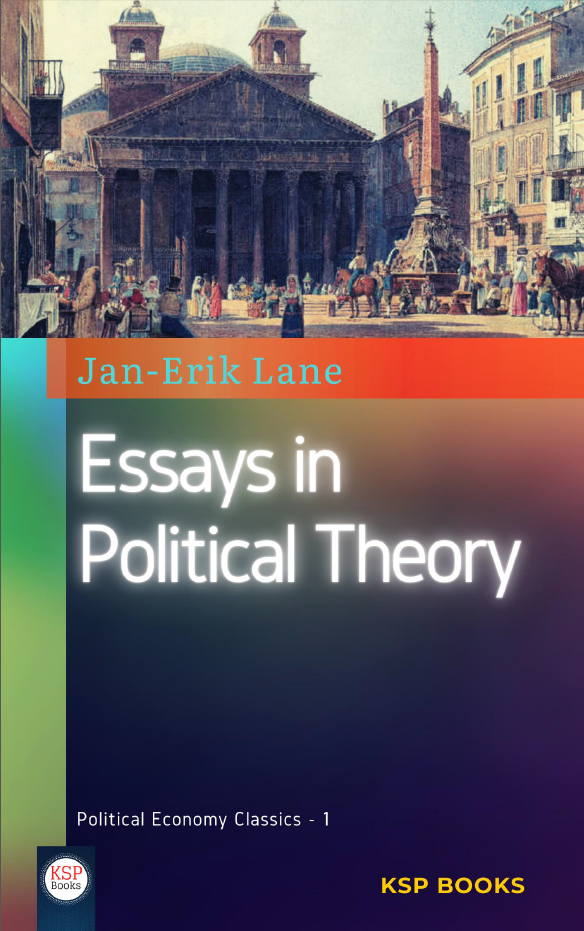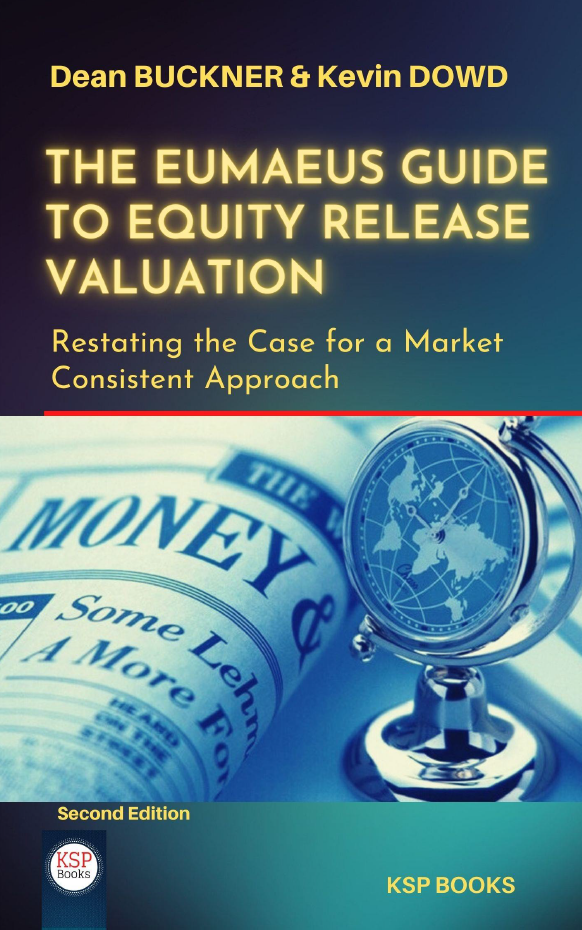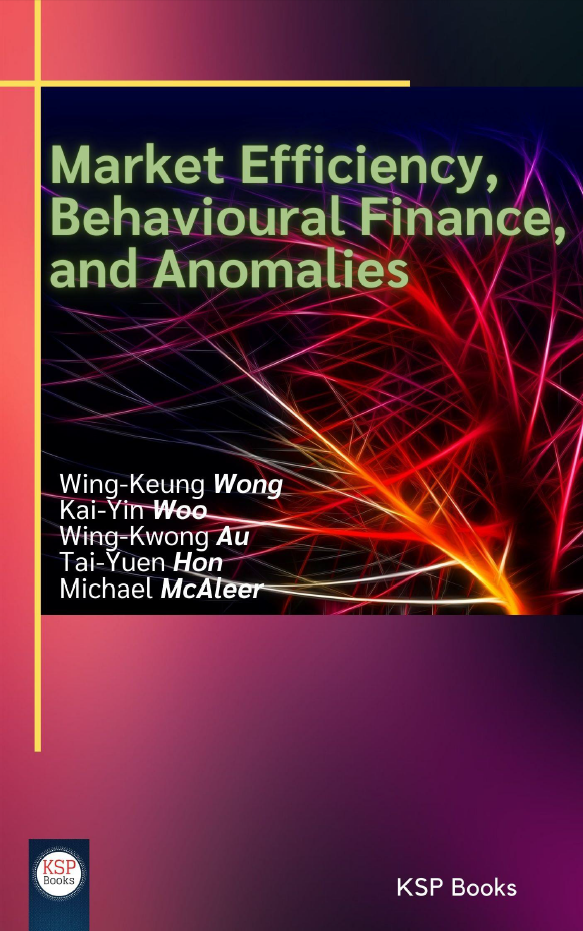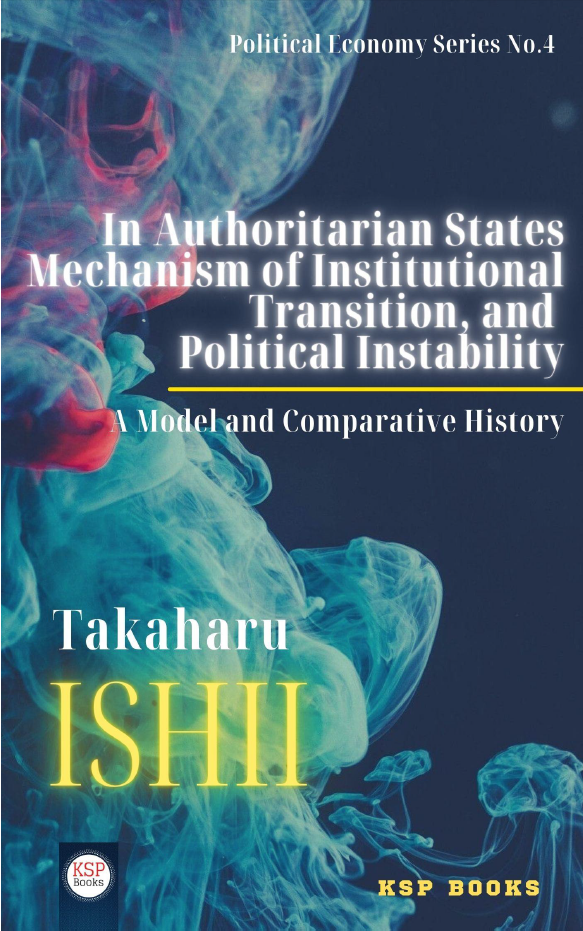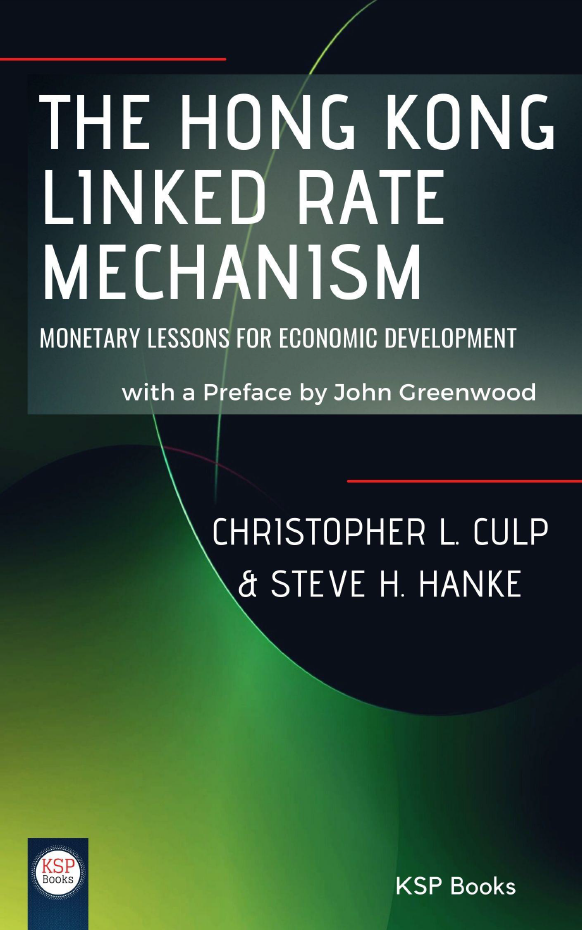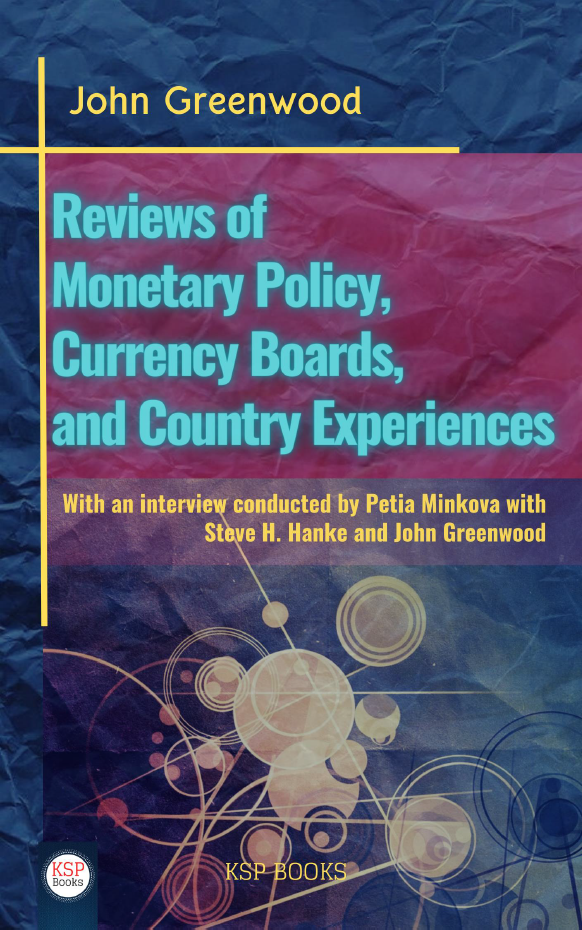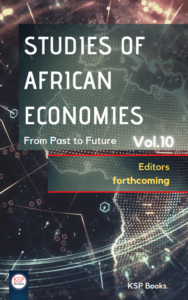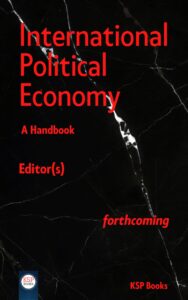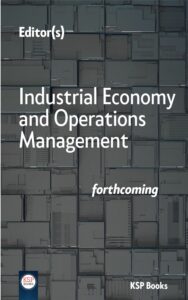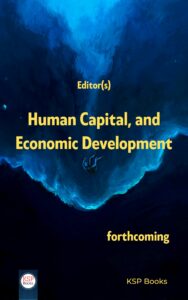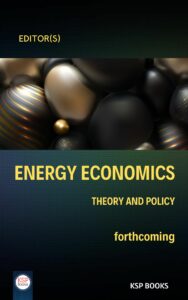By
Hiroaki Hayakawa
University Brunei Darussalam, Brunei Darussalam
e-ISBN: 978-605-7602-81-7
Publishing Date: July 30, 2019
File Size: 2110 MB
Length: xii + 136 pages (PDF)
Language: English
Dimensions: 13,5 x 21,5 cm
 This Book is completely open access. You can freely read, download and share with everyone.
This Book is completely open access. You can freely read, download and share with everyone. 
How to understand human activities and behavior, or, more generally, the ethical nature of human existence itself, is a question that has long been a subject of debate among sociologists and economists alike. It is the question that has divided the two camps while guiding us toward a deeper understanding of our activities as agents of multiple orientations. This book presents my work on two themes about the ethical nature of human existence as spontaneous activities in relation to the environing world that this existence reveals to itself. Our first theme deals with human existence as socio-cultural agents who seek symbolic profits under a system of cultural symbolism and value patterns/norms, and the other deals with human existence as economic agents who seek economic profits under a system of relations that define the market equilibrium.
There is a close affinity between these two facets. Our activities as socio-cultural agents are anchored in a system of cultural symbolism and value patterns that are internalized in our institutionalized dispositions. As such agents, we seek symbolic profits by expressing our choices systematically in reference to this system. The rationality of such expressive behavior should, therefore, be as dictating and sensible as the rationality of seeking economic profits. The point we make is that expressive behavior would not be possible in a vacuum, that is, without some externally given sources of value patterns and symbolism with which to express our choices. This entails that socio-cultural choice behavior is intertwined with these sources that we discover in an environing world through our own existence as socio-cultural agents. Specifically, the behavior expresses itself as a consistent norm-guided behavior that helps reproduce the same norms and value patterns and maintain the symbolic nature of our activities. Furthermore, such norm-guided behavior is not independent of the conditions of the bounded rationality in the sense that it helps reduce the cost of decision making and problem-solving, thereby serving as powerful heuristics that simplify otherwise complex problem-solving and lead to the attainment of symbolic profits at the same time. It is equally an important source of predictive and predictable behavior.
Our second theme relates to the legacies of rational expectations in economics in relation to the phenomenology of consciousness and existence in philosophy. The theory of rational expectations is rooted in the temporal nature of human consciousness and existence, in which the three moments of the temporality, namely, the past, the present, and the future are united. Just as in the case of socio-cultural agents, human activities as economic agents unfold in reference to a system of economic relations that define market equilibrium and thereby make it possible to anticipate what is coming and to fulfill this anticipation in the present through a consistent plan of actions. As human activities are temporal by nature, economic profit seeking would be an empty proposition unless it is related to a system of market prices, both present, and future, as important sources of signals that serve as guides for profit seeking. This economic profit seeking, therefore, is a behavior that is intertwined inseparably with a system of market relations that are mediated by the formation of expectations based thereon. By making the temporality of our consciousness and existence explicit in terms of intertemporal optimization and rational expectations, the theory of rational expectations is calling us back, once again, to the ethical nature of human existence in which our consciousness and existence work with the future, the present, and the past as three unified moments of our activities as forward-looking agents.
The rationality of expressive behavior resembles that of intertemporally rational behavior aided by rational expectations in that the institutionalized dispositions that internalize cultural value-patterns and norms reproduce these patterns and norms, just as rational expectations and decisions based on the market relations reproduce the market signals at equilibrium that are expected to come through. Both are predicated on the existence of a reference system of relations that are maintained either through institutionalized dispositions that internalize what is external or through expectations that calls for the use of external information about the market equilibrium prices that are consistent with expectations. Both can be thought of as expressions of the bounded rationality as the complexity of the problem-solving is significantly reduced by relying on systematic external information without losing sight of what will come through as a result of choices we make.
We hope that this work sheds some new light on what appears to be complex phenomena of rational behavior, expressive or otherwise, as well as on the ethical nature of human consciousness and existence that grounds all of our choice decisions, be it for symbolic profits as socio-cultural agents or for economic profits as economic agents.
1. Introduction
2. Socio-cultural Evolution, Institutionalized Dispositions, and Rational Expressive Behavior
Introduction
Adam Smith’s Theory of Moral Sentiments and Cultural Evolution
Veblen’s Theory of the Leisure Class: The Canon of Conspicuous Waste
Bourdieu’s Logic of Practice and Habitus
Bourdieu’s Theory of Distinction and Life-Styles
Parsons’ Vision of Social Actions and Social Systems as an Integrated System
Adam Smith, Veblen, and Bourdieu in Relation to One Another from the Parsonian Perspective
Social Want and Socio-Economic Rationality
Concluding Remarks
2. Legacies of rational expectations, Lucas’s contributions, and philosophy of time and existence
Introduction
Lucas’s contributions and Aristotle’s ethics
Husserl’s phenomenology of the consciousness of internal time
Heidegger’s phenomenology of Dasein
The rational expectations equilibrium theory
The concept of policy regimes and econometric policy evaluation
Monetary theory from Friedman to Lucas
Lucas’s theory of expectations and the neutrality of money
Further discussion of Lucas’s contributions in relation to the phenomenologies of consciousness and existence
Hiroaki Hayakawa
University Brunei Darussalam, Brunei Darussalam
Born in Japan, educated in the US (high school, university – undergraduate and graduate), BA in mathematics and economics, Ph.D. in economics (University of Michigan). Crossed the Pacific Ocean as an American Field Service student from Japan to the United States, and graduated from Herbert Hoover High School in San Diego, California. The AFS students from around the world had a chance to meet President John F. Kennedy. This marked the beginning of my life and career in the United States. In college, I was interested in philosophy as well as in mathematics and economics, and this interest continues to this day. After getting my Ph.D. from the University of Michigan, I was mainly affiliated with the University of Georgia in Athens, Georgia, where I served as assistant, associate, and full professor. Served also as an interim head of the economics department, as director of graduate studies, as a member of the Executive Council of the College of Business Administration, and as a member of the University Senate. I then moved to Japan and taught at a number of universities, private and national. With this background, I have come to UBD (Universiti Brunei Darussalam), one of the fastest rising universities in Asia, and I am having a great time interacting with the bright minds of Brunei Darussalam. I find the country beautiful and peaceful.
Related EconPedia Items


